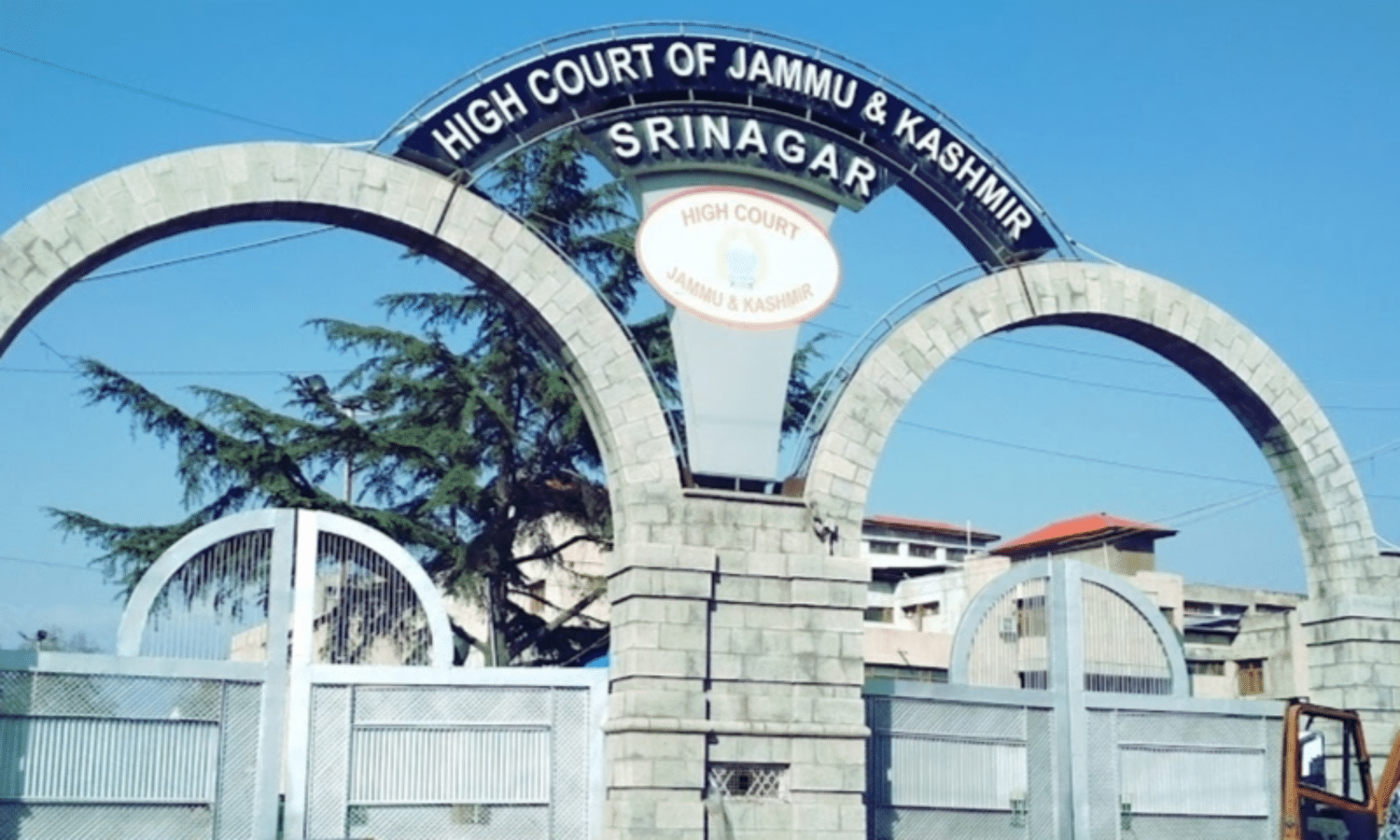Jammu and Kashmir High Court has affirmed that leave-granting authorities have the discretion to seek a second medical opinion before approving an employee’s medical leave. This decision, aims to enhance the verification process for medical leave requests and prevent potential misuse.
The court’s judgment came in response to a case where an employee’s medical leave was questioned due to suspected discrepancies in their medical documentation. The employee had challenged the decision, arguing that the denial was unjustified. However, the High Court upheld the authority’s right to request an additional medical evaluation to ensure the validity of the leave claim.
Justice Sanjay Dhar, who delivered the verdict, stated, “The integrity of the leave approval process is critical for maintaining fair and efficient operations within institutions. Allowing authorities to seek a second medical opinion is a necessary measure to confirm the genuineness of medical leave applications and prevent fraudulent claims.”
The ruling is expected to have significant implications for both public and private sector organizations. It provides a clear legal framework for handling disputes over medical leave, reinforcing the need for accurate and honest medical documentation.
This decision aligns with broader efforts to curb misuse in various administrative processes. By empowering authorities to request additional opinions, the court aims to ensure that medical leave policies are implemented effectively while balancing employee rights with organizational needs.
The Jammu and Kashmir High Court’s ruling comes as part of ongoing reforms intended to enhance transparency and accountability in administrative practices. As organizations adjust to this legal precedent, it will be crucial to implement fair procedures for second opinions, safeguarding both the verification process and employee privacy.

